12 Canoes is a broadband website presenting, in an artistic, cultural and educational context, the stories, art and environment of the Yolngu people who live around the Arafura swamp in north-eastern Arnhem Land.

|
Scooped by
Catherine Smyth
onto Primary history- First Contacts May 21, 2013 1:17 AM
|




 Your new post is loading...
Your new post is loading...

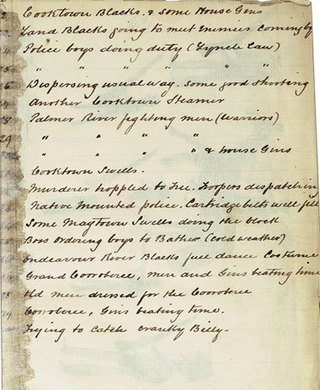



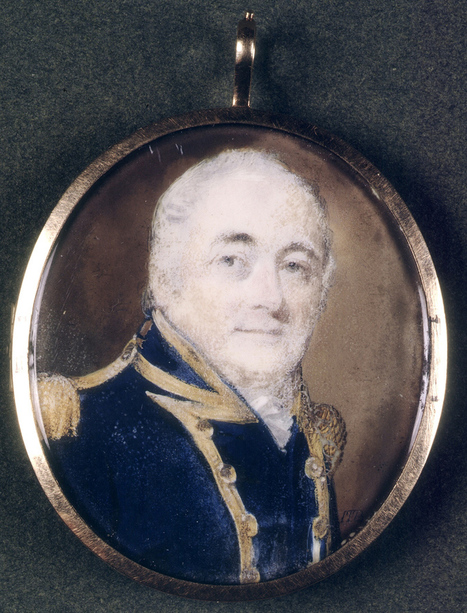


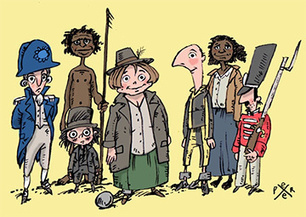





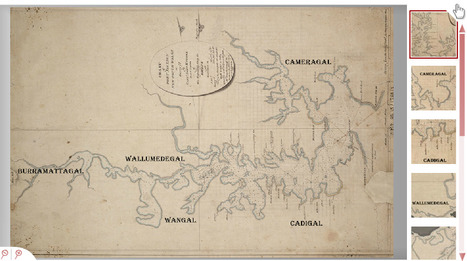




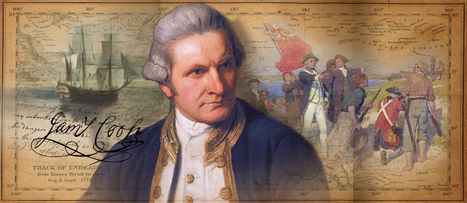
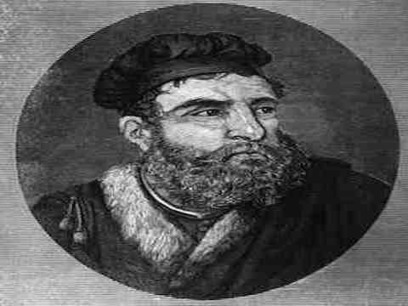
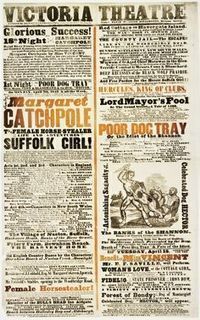


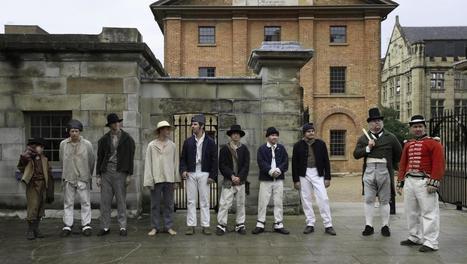


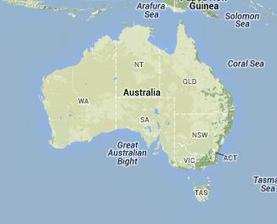







This is a magnicent site featuring an array of stories from the Yolngu people in Arnhem Land.
The story of the Macassans explores the nature of contact between the Yolngu and the Macassans.